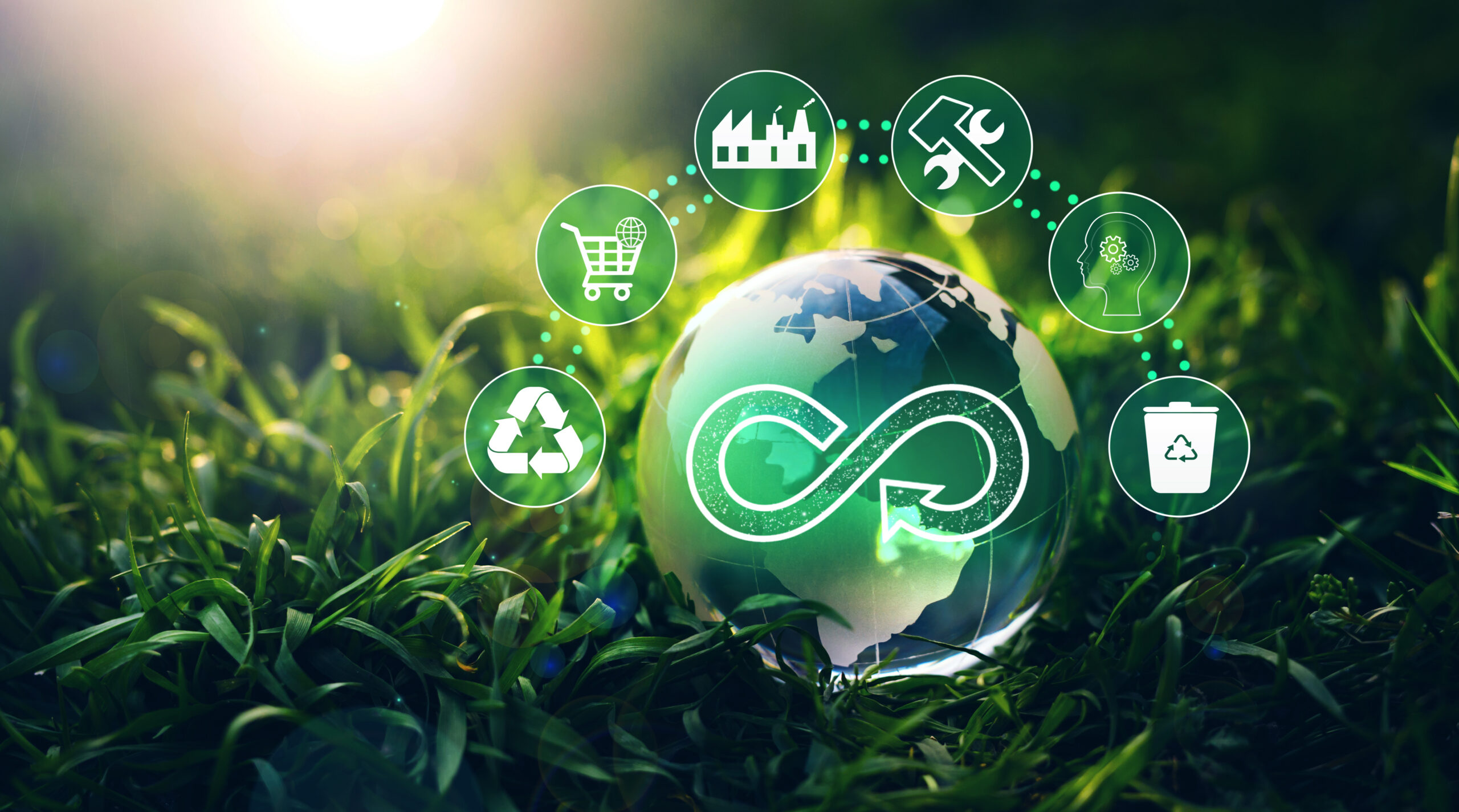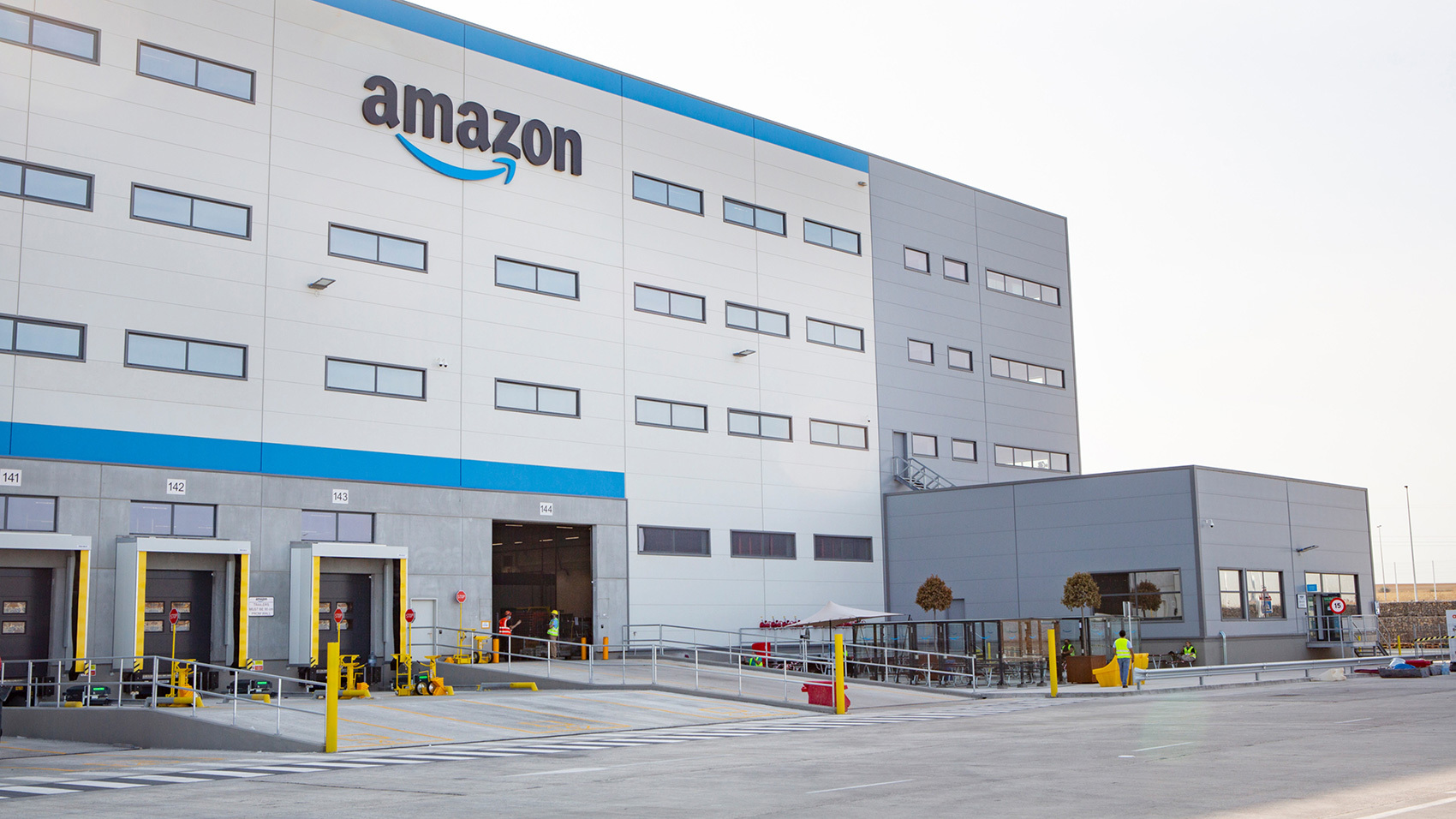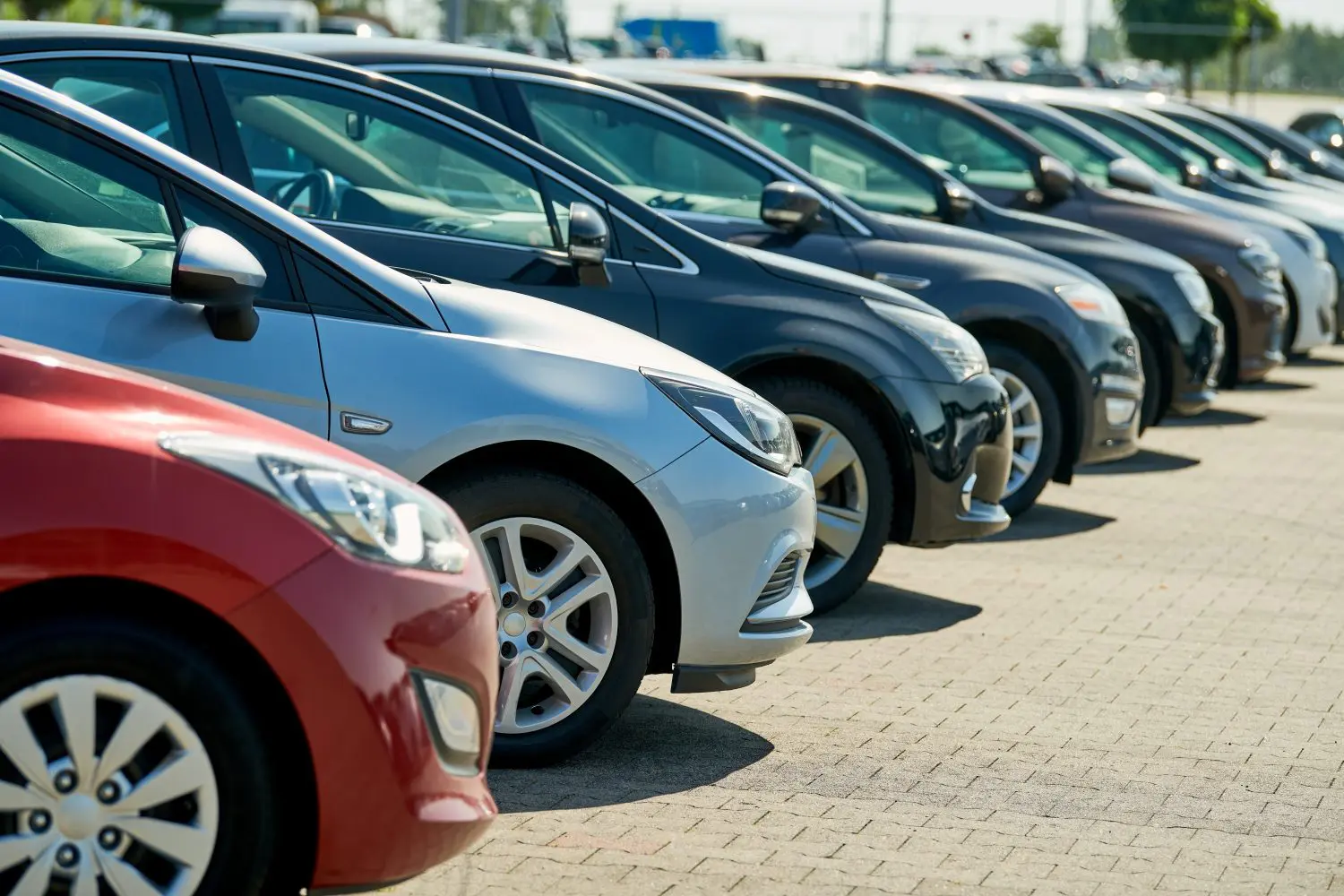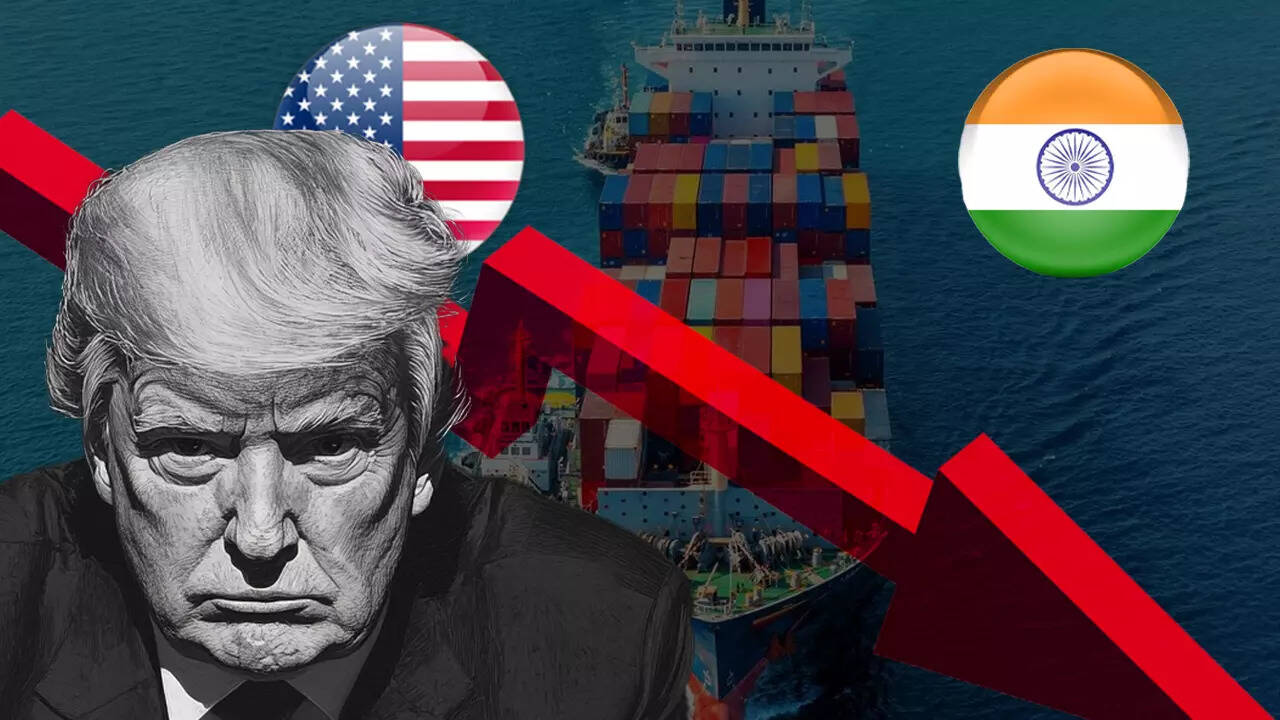like
manufacturing, FMCG, e-commerce, and logistics, ESG-compliant supply chains offer
cost savings, enhanced brand reputation, and regulatory advantages.
But how can Indian businesses integrate ESG into supply chains effectively? Let’s explore key strategies, case studies, and trends shaping the future of sustainable supply chains.
Why ESG Matters for Supply Chains in India
1️⃣ Regulatory Compliance: SEBI’s Business Responsibility & Sustainability Reporting (BRSR) makes ESG disclosures mandatory for top 1,000 listed companies.
2️⃣ Investor & Consumer Demand: Over 79% of Indian investors prefer companies with strong ESG practices.
3️⃣ Cost & Risk Reduction: Sustainable sourcing and energy-efficient logistics lower long-term operational expenses.
4️⃣ Global Market Access: Indian exporters need to comply with EU & US carbon footprint regulations.
Key ESG Challenges in Indian Supply Chains
🔹 Environmental Issues: High carbon emissions, excessive waste, water usage in production.
🔹 Social Responsibility: Labor rights, diversity, ethical sourcing in tier-2 & tier-3 suppliers.
🔹 Governance Gaps: Lack of supply chain transparency, non-compliance with ESG standards.
How Indian Businesses Can Build ESG-Compliant Supply Chains
1. Green Logistics & Carbon-Neutral Supply Chains
📌 Why it matters:
- Transport contributes 14% of India’s total CO₂ emissions.
- Logistics firms must transition to EV fleets, biofuels, and route optimization to lower emissions.
📌 Case Study: Flipkart has pledged to electrify 100% of its delivery fleet by 2030, reducing logistics-related carbon emissions.
✅ Actionable Steps for Businesses:
- Invest in electric trucks & alternative fuels.
- Optimize delivery routes using AI-driven logistics.
- Partner with low-emission freight carriers.
2. Ethical Sourcing & Sustainable Procurement
📌 Why it matters:
- Over 60% of a company’s ESG footprint comes from suppliers.
- Indian businesses need to ensure fair wages, no child labor, and sustainable sourcing.
📌 Case Study: Tata Steel ensures responsible mining & ethical labor practices across its raw material supply chain.
✅ Actionable Steps for Businesses:
- Source from certified ESG-compliant suppliers.
- Conduct ESG audits on tier-1, tier-2 suppliers.
- Implement blockchain-based traceability for ethical procurement.
3. Circular Economy & Waste Reduction
📌 Why it matters:
- India generates 3.4 million tonnes of plastic waste annually.
- FMCG & e-commerce firms must adopt reusable packaging & minimize landfill waste.
📌 Case Study: Hindustan Unilever has committed to using 100% recyclable plastic packaging by 2025.
✅ Actionable Steps for Businesses:
- Adopt closed-loop recycling for product packaging.
- Reduce raw material waste through lean manufacturing.
- Incentivize reverse logistics for product returns & refurbishments.
4. Renewable Energy in Supply Chains
📌 Why it matters:
- Manufacturing & warehousing consume significant grid electricity.
- Transitioning to solar & wind power reduces dependency on fossil fuels.
📌 Case Study: Mahindra Group runs carbon-neutral manufacturing plants, using 50% renewable energy.
✅ Actionable Steps for Businesses:
- Install rooftop solar panels in factories & warehouses.
- Partner with green energy suppliers.
- Implement energy-efficient machinery to lower consumption.
5. AI & IoT for ESG Compliance & Transparency
📌 Why it matters:
- Companies struggle with tracking real-time emissions & ESG risks in global supply chains.
- AI & IoT sensors can monitor energy use, emissions, and ethical compliance.
📌 Case Study: ITC Limited uses AI-powered ESG tracking for sustainable forestry & agriculture supply chains.
✅ Actionable Steps for Businesses:
- Deploy IoT sensors for energy & waste tracking.
- Use AI to analyze ESG compliance risks.
- Implement digital dashboards for real-time sustainability data.
Future Trends in ESG & Sustainable Supply Chains
🔹 Carbon Border Tax Impact: Indian exporters must comply with EU’s Carbon Border Adjustment Mechanism (CBAM).
🔹 Scope 3 Emissions Tracking: Companies will focus on measuring supplier carbon footprints.
🔹 Sustainable Finance & Green Bonds: More businesses will seek ESG-linked funding & carbon credits.
🔹 AI-Driven ESG Reporting: Companies will use AI-powered analytics for BRSR & ESG disclosures.
📌 Example: Infosys has launched an AI-based ESG platform for real-time tracking of sustainability goals.
Building an ESG-aligned supply chain is not just about compliance—it’s about long-term business resilience, cost savings, and brand trust.
✅ Prioritize green logistics & low-carbon transportation.
✅ Ensure ethical sourcing & supplier ESG compliance.
✅ Adopt circular economy practices for waste reduction.
✅ Leverage AI, IoT & blockchain for supply chain transparency.
The future of supply chains is green, ethical, and tech-driven. Indian businesses that embrace ESG now will lead the next wave of sustainable economic growth. 🌱🚀
.png)
.png)







